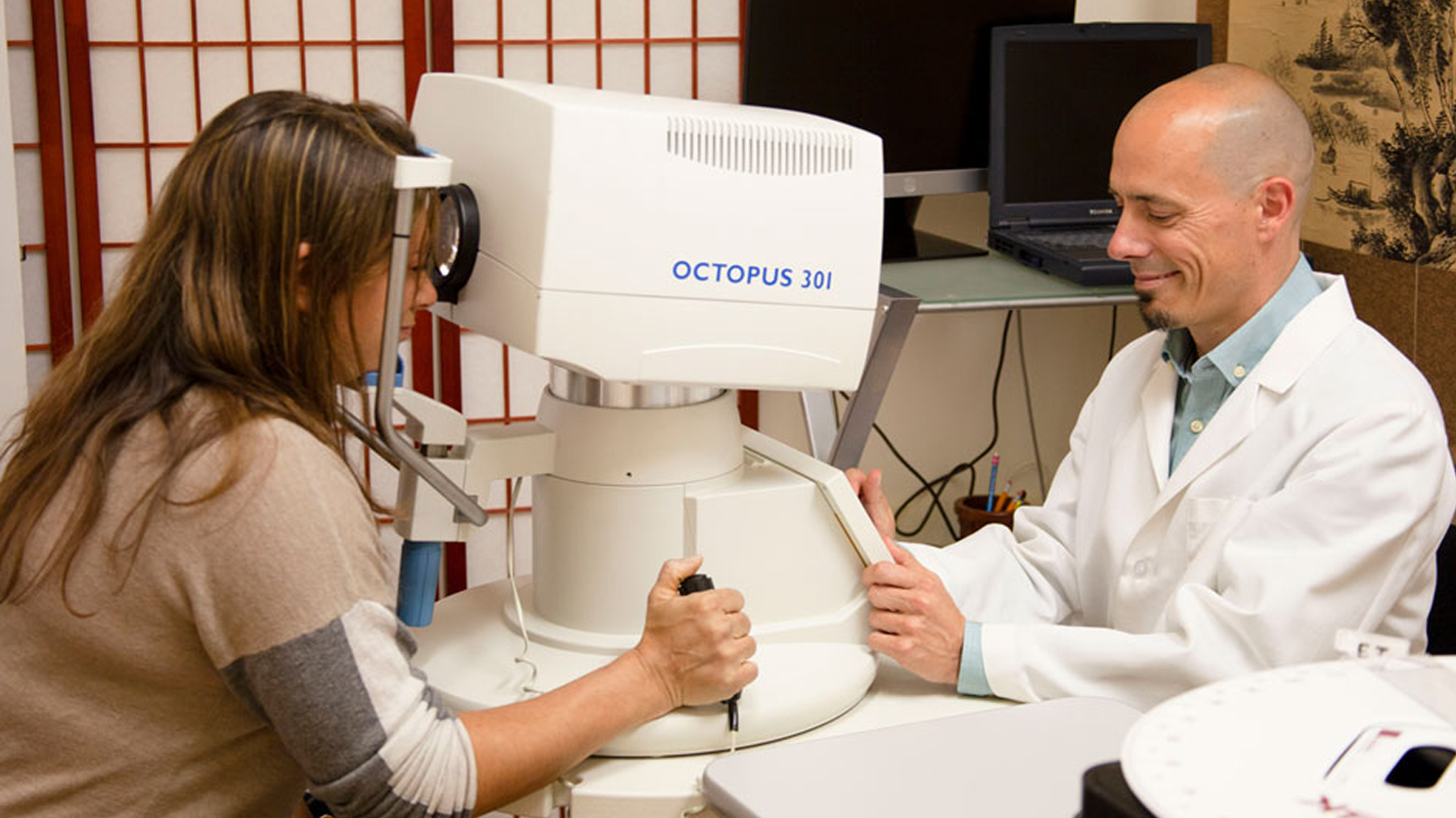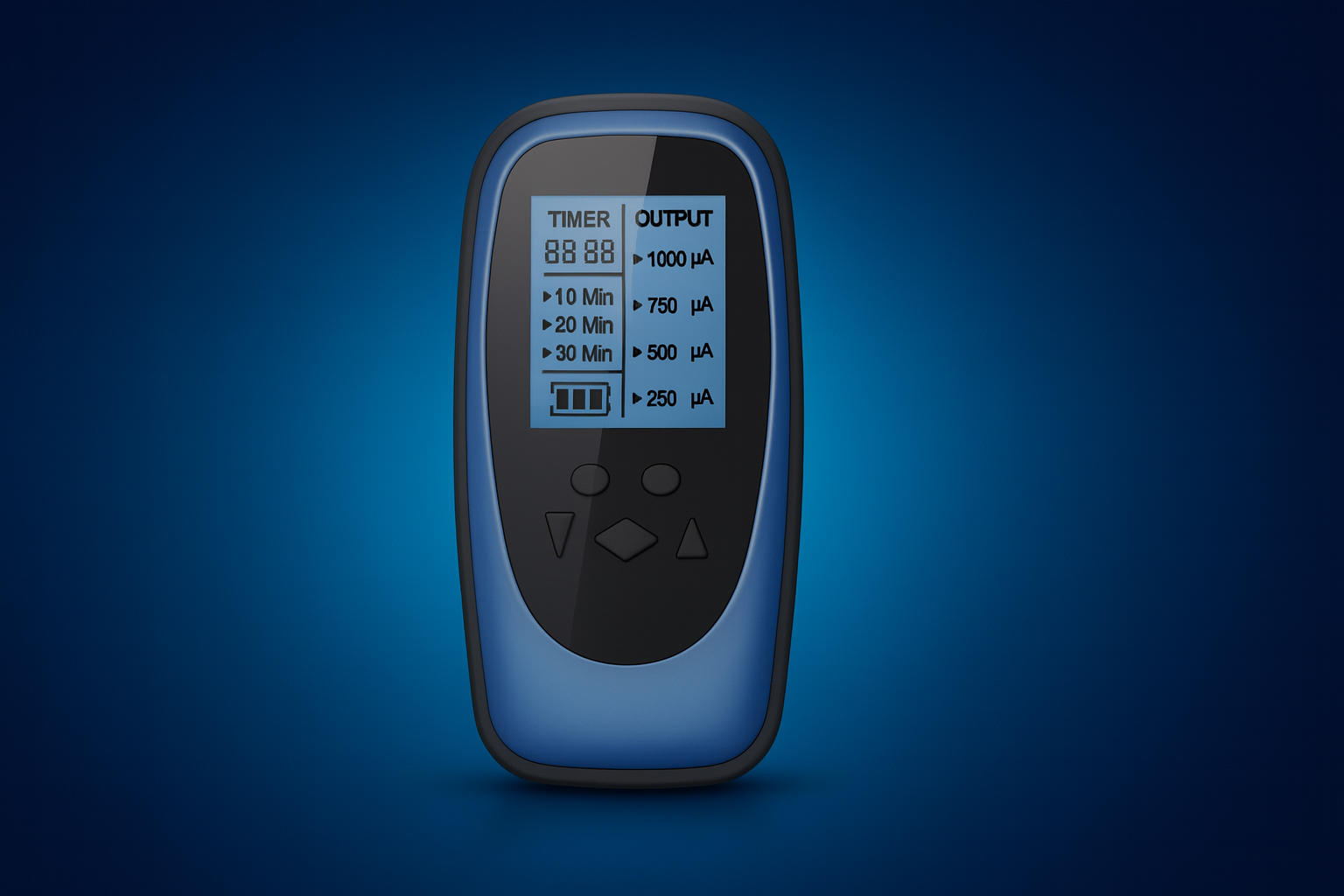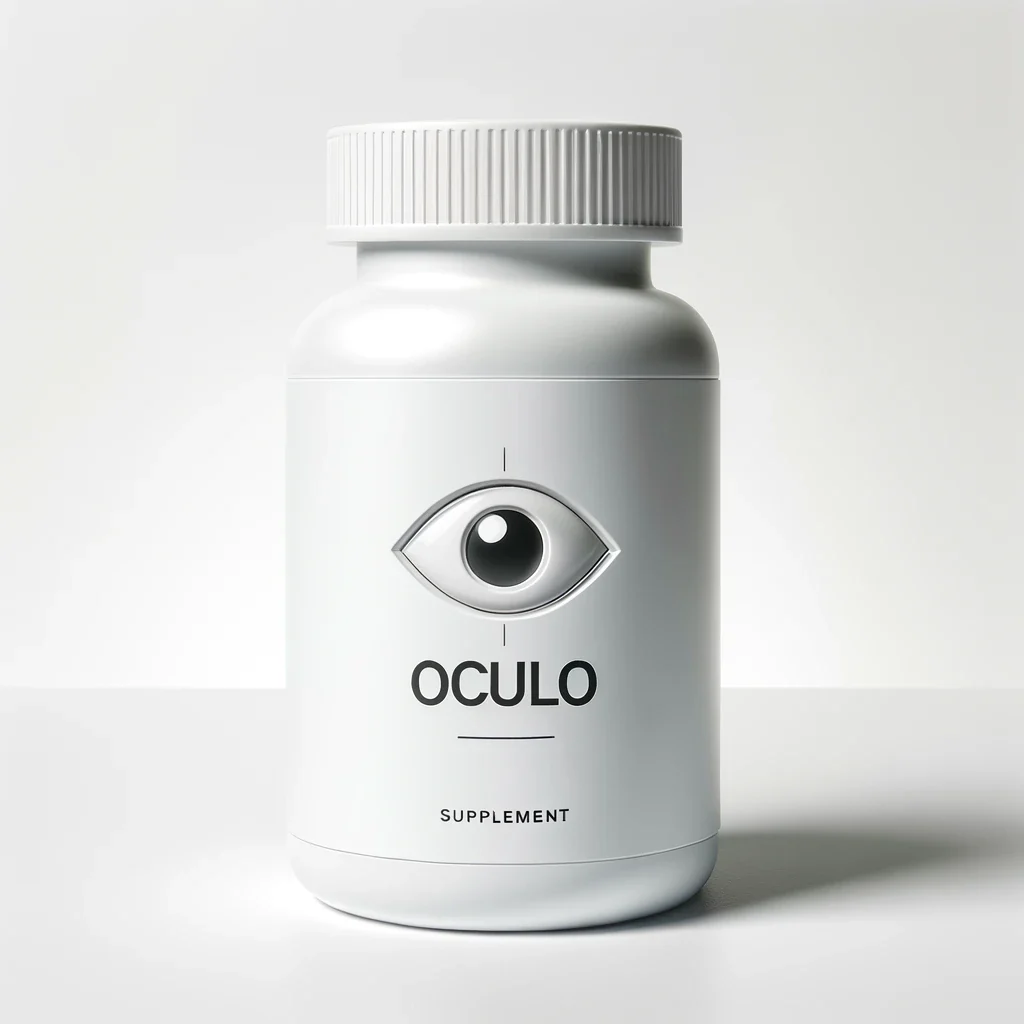Causes of Retinitis Pigmentosa
Retinitis Pigmentosa (RP) is traditionally described as a genetic eye disease that causes progressive vision loss. But as Dr. Andy Rosenfarb explains, this view is incomplete.
“In my experience, RP is not just about genetics. The immune system plays a huge role. In many cases, it’s autoimmune — the body is attacking its own retinal tissue.”
Understanding the true causes of RP can open new doors for treatment and prevention.
Genetics and Retinitis Pigmentosa
- RP has been linked to mutations in more than 60 genes.
- These genes often affect how photoreceptor cells (rods and cones) function.
- Inherited forms can follow autosomal dominant, autosomal recessive, or X-linked patterns.
But genetics alone doesn’t explain everything. Many patients with RP have no strong family history, and symptoms vary widely even among siblings.
The Autoimmune Factor
Dr. Rosenfarb emphasizes that autoimmunity is a key driver for many RP patients:
- The immune system mistakenly targets retinal cells.
- Chronic inflammation accelerates degeneration.
- Lab testing sometimes shows autoimmune markers in RP patients.
This autoimmune theory helps explain why progression can vary and why holistic treatments that calm the immune system often make a difference.
Epigenetics and Environmental Triggers
Epigenetics refers to how lifestyle and environment influence gene expression.
For RP, triggers may include:
- Viral or bacterial infections
- Chronic stress
- Poor diet or gut health imbalances
- Environmental toxins
These don’t change the DNA itself, but they can activate or suppress disease pathways, helping explain why RP looks so different from one person to another.
The Role of Stress and Inflammation
Dr. Rosenfarb often points out that stress is behind most chronic disease, including RP:
- Stress raises cortisol and blood pressure.
- It weakens immune regulation.
- It creates oxidative damage in the retina.
Reducing stress and inflammation is one of the most powerful ways to slow RP progression.
Conventional Medicine’s View
Traditionally, patients are told RP is incurable and purely genetic. Genetic counseling and low-vision aids are the standard recommendations.
But this leaves out the autoimmune and epigenetic perspective, which may offer more hope for slowing or even partially reversing progression.
Holistic & Functional Perspective
At the Eye Health Institute, treatment focuses on addressing root causes:
- Acupuncture to improve circulation and reduce inflammation.
- Functional medicine to repair gut health and immune balance.
- Nutritional and herbal support to protect retinal cells.
This approach targets not just the symptoms, but the underlying drivers of degeneration.
Next Steps
If you or a loved one has RP:
- Learn more about the autoimmune role.
- Explore epigenetics in RP.
- Consider a Telehealth consultation with Dr. Rosenfarb to discuss functional and holistic treatment options.
Treatment Solutions for
Choose the treatment approach that fits your life
Whether you prefer hands-on care, convenient telehealth visits, or self-guided learning, we have multiple ways to help you manage .

In-Office 2 Weeks to Better Vision
Combining acupuncture, laser therapy & diagnostics at Dr. Rosenfarb's office in New Jersey. 90% of patients see measurable vision improvements.
Learn more
One-on-One Telehealth Sessions
One-on-one virtual sessions with Dr. Rosenfarb. Get personalized assessment and custom treatment plan from home.
Learn more
At-Home 12-Week AcuVision Program
Dr. Rosenfarb's 12-week step-by-step system. Live Q&A, guided exercises, and comprehensive approach to vision recovery.
Learn more
Alternating Current Micro Stimulation (ACS)
At-home micro stimulation system developed by Dr. Rosenfarb. Clinically proven at-home therapy to reactivate dormant eye cells.
Get ACS-3000
Eye Health Supplements
Scientifically-formulated supplements chosen by Dr. Rosenfarb to nourish your eyes and support healthy vision recovery.
Get supplements
